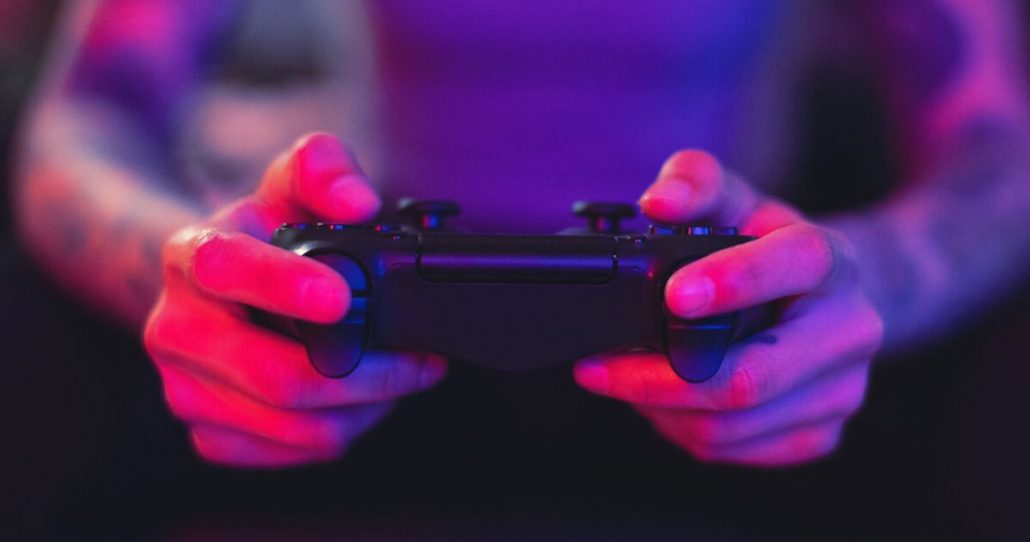The word “sport” brings to mind images of churning out lsat tests while screaming into a microphone. Instead, many of us have grown up playing video games — both professional and recreational. This is a very positive development, considering the negative connotations that video games have been known to generate in society at large.
We are taught from a very young age that gaming is inherently evil, and any form of competitive play is bad for our Mental Health. The majority of people who grow up playing video games do so because it offers them an impeccable way to waste time. The act of competing against other players in order to be the best can also be used as a form of therapy and/or mental health rehabilitation.
Do video games ever really “sport?”
Video games are not a sport, because there is no exact science to it. Different games require different skill sets, and a professional player might take up to a year to master a single game. There is no telling how long it would take for someone with a lower skill level to master the same game.
In fact, there are no national governing bodies that recognize competitive gaming as a sport. International sporting bodies have so far rejected the idea, claiming that it is “not a sport.”
Should competitive gaming be classified as a sport?
While it is certainly possible for video games to be classified as a sport, at the moment it is mostly done to attract advertisers. The International Olympic Committee does not consider competitive video gaming to be a sport, so there is no clear-cut way to classify it.
In fact, the only way that the IOC could formally classify competitive gaming as a sport would be if it were a completely new sport. But given that it has been around for a while and has a large following, it is probably best classified as a niche activity.
The psychology of playing video games
Although we have a rather poor track record when it comes to understanding the psychology of playing video games, there are a few things we do know. First, people who play video games for long periods of time typically have a lower stress tolerance and are more likely to develop an eating disorder. This makes sense, right? People who are under too much stress are more likely to eat badly and binge on sugary foods.
A study of competitive gamers found that they consumed ten times the average amount of caffeine in comparison to non-gamers. They also consumed four times the average amount of sugar in comparison to non-gamers. This suggests that competitive gamers may be predisposed to developing an eating disorder because they are stressed out and/or unhappy with their bodies.
How to play video games for your mental health
Getting enough sleep is essential for maintaining proper mental health. If you feel as though you are missing out on too much sleep, then you may wish to consider playing video games for longer periods of time. As with any activity, playing games for longer periods of time may wear you down, but it is definitely worth it in the end.
Bottom line
Growing up, most of us heard that playing video games was bad for your mental health. We were also taught that competitive gaming was a bad thing, and that it could lead to harmful outcomes such as depression and anxiety.
However, a growing body of research is starting to suggest that playing video games is not a bad thing – it is actually a good thing! While the act of competing against players in order to be the best is definitely a form of entertainment, it can also be used as a form of therapy and/or mental health rehabilitation.




Good